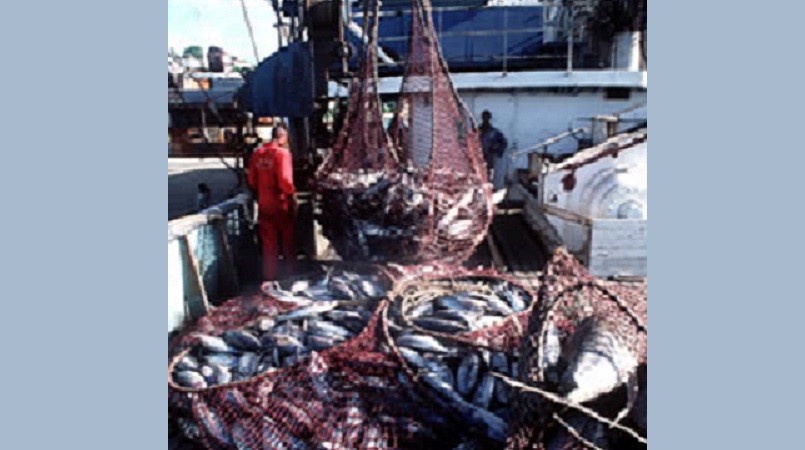
At the official opening of the 5th Global Fisheries Enforcement Training Workshop (GFETW) there was general agreement that the key to stopping illegal fishing globally, is through international cooperation.
Illegal fishing can also through sharing of information by Monitoring, Control and Surveillance (MCS) practitioners around the globe.
“No nation is immune to illegal fishing activities. We must all work together whether that be at bilateral, regional or international frameworks to target and eliminate what is internationally recognized as environmental crime,” according to Martyn Dunne, Director General for host New Zealand’s Ministry of Primary Industries (MPI).
He singled out the International Monitoring, Control and Surveillance Network as the collective platform that can deliver the “intent” of unity of purpose to “deter and eradicate the IUU threats to our oceans.”
He believes that to stamp out illegal, unreported and unregulated (IUU) fishers the GFETW needs to look at adopting the following five principles.
1. Acknowledge its existence
2. Create and maintain unity of purpose in targeting offenders
3. Share information, intelligence and resources
4. Have the ongoing resolve to collectively bring in perpetrators to account before the courts, and
5. Effective control of nationals
Through the five principles, Dunne believes the MCS international network has the influence to harness the power of intelligence and frameworks necessary to share critical information that would lead to the eradication of IUU fishing.
He points to a number of case studies that will be discussed during the week-long workshop showcasing the effectiveness of such a collective approach.
“The case study regarding international efforts targeting IUU vessels operating in the Southern Oceans is testament to these coalitions willing to fulfil international obligations and working collectively for a common outcome,” he said.
His final point was to re-affirm his belief in the power of the MCS Network (celebrating its 50th year of existence this year).
“Don’t underestimate the power of the network. It is a collective body of individuals linked through a common purpose. The relationship you forge here is critical to achieving success and the ability personally to contact counterparts whose trust and confidence has been established through such conferences is often more effective than prolonged and formal channels that can limit timely action.”
Chair for the MCS Network, Cephas Ralph agreed.
“As a global entity the network through its promotion of international cooperation plays a significant part ensuring that national jurisdiction and borders are less of a barrier to the enforcement of surveillance activities for member countries.”
He highlighted the key strength of the network which has grown to more than 70 member countries covering every inhabited continent on the globe.
New members South Korea and Cambodia were acknowledged today.
“One of the great strengths of the network is its ‘informal’ structure. Indeed, the network does not wish to interfere with the policy issues of any country or region.”
In fact, the global organization is not bound by a treaty or convention. Rather, its membership of MCS practitioners across the world designed the network to promote cooperation and exchange of information; help with MCS capacity building; and gives it wiggle room to develop it in line with the needs of MCS practitioners.
